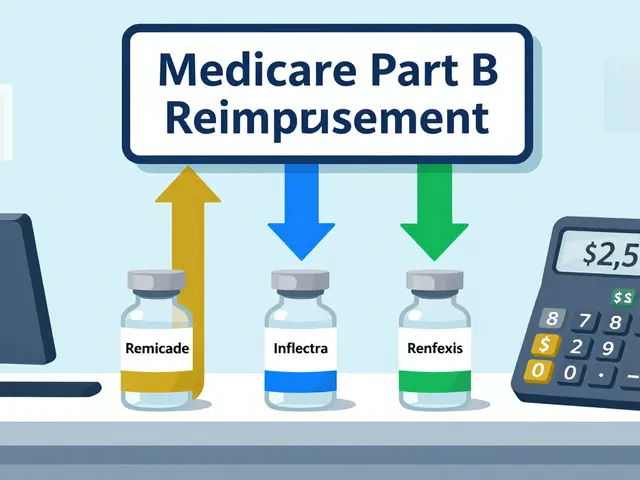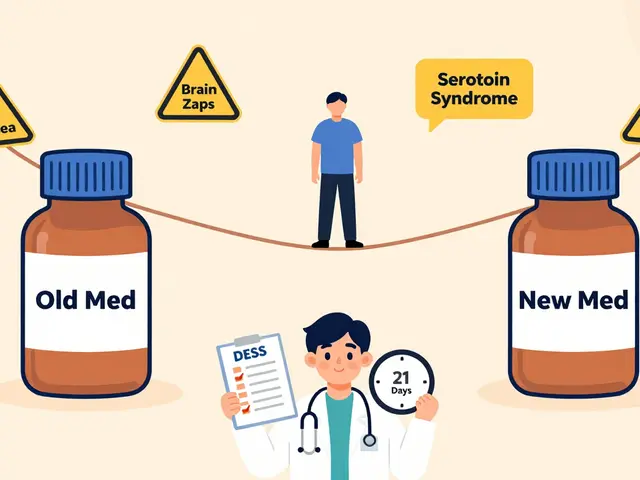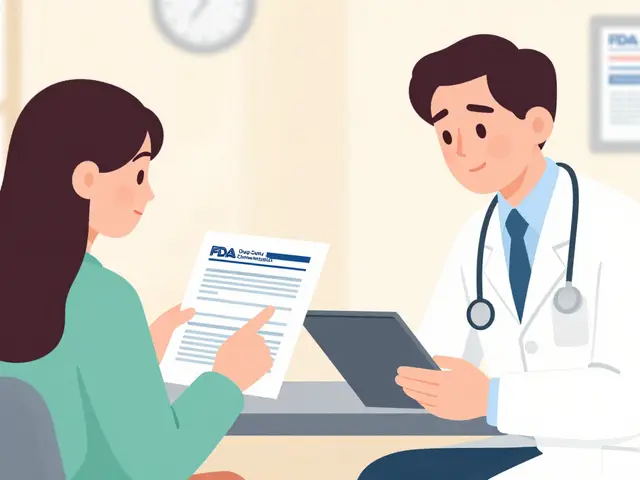Relationships: How Your Meds Connect to Everyday Health
When you hear the word "relationships," you might think of family, friends, or romance. In the pharmacy world, relationships matter just as much—especially the ones between drugs, conditions, and habits. Understanding these connections can keep you safe, boost results, and spare you headaches later on.
Drug‑to‑Drug Relationships
Every pill you take has a story, and sometimes those stories overlap. Combining two medicines can change how each works. For example, taking a blood thinner like Coumadin with certain antibiotics can raise bleeding risk. On the flip side, a pain reliever such as ibuprofen might lower the effectiveness of some antihypertensives. The rule of thumb? Always check if a new prescription talks to the ones you already use.
Most pharmacies offer a quick interaction check. Just hand the pharmacist your full medication list, including over‑the‑counter vitamins. If a conflict shows up, the pharmacist can suggest an alternative dose, a different drug, or a timing tweak (like spacing doses 2‑4 hours apart). This simple step can prevent nasty surprises.
Health Condition Relationships
Conditions often influence which meds you need. Diabetes and high blood pressure, for instance, share a common pathway—poor kidney function. If your doctor prescribes a new diuretic, they’ll likely monitor kidney markers closely. Knowing how one condition affects another helps you and your doctor pick the safest plan.
Another classic link is between asthma and certain antidepressants. Some of those meds can tighten airway muscles, making asthma flare‑ups more likely. If you have both issues, ask your prescriber about alternatives that don’t tug at that wire.
Beyond diseases, lifestyle choices shape medication outcomes. A high‑salt diet can blunt the blood‑pressure‑lowering effect of many drugs. Cutting back on salty snacks often does more for your numbers than a dose bump.
Keeping a simple health journal can reveal these patterns. Jot down new symptoms, diet changes, or even stress levels alongside medication timing. After a week or two, you’ll spot trends that guide smarter tweaks.
In short, the relationships between your meds, conditions, and daily habits are a three‑way street. Treat them like a conversation—ask questions, share updates, and let your pharmacy team be part of the dialogue. When you stay aware of how everything connects, you set yourself up for smoother treatment and fewer unexpected side effects.
This article explores how weakness and forgiveness actually connect, busting the myth that forgiving is the same as being weak. Instead, it shows how letting go can show real strength, improve relationships, and help personal growth. You'll get clear examples, psychological insights, and practical tips for handling conflict in everyday life. The article focuses on realistic perspectives and down-to-earth advice. It offers a fresh way to see what forgiveness really means in today's world.



 Medications
Medications




